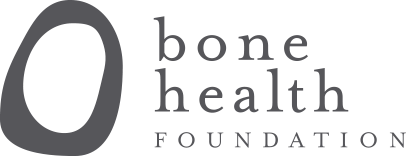Vitamin D
Most of us know how important vitamins are for our bodies. Healthy bones need plenty of Vitamin D in order to absorb calcium and stay strong. It also supports muscle strength which in turn can help to avoid falls. Children need Vitamin D to build strong bones and adults need it to keep their bones strong and healthy. If you don’t get enough Vitamin D you’re more likely to break bones as you get older.
Unlike most vitamins, which come from the foods we eat, Vitamin D comes free of charge. All you need to do is step out into the sunshine for a few minutes each day.
Vitamin D is not found in many foods. Sources include fatty fish, like wild caught Mackerel, salmon and tuna. Vitamin D is often added to milk and other dairy products as well as orange juice, soy milk and fortified cereals. However, dietary sources of Vitamin D are unlikely to contribute to more than 5-10% of an adult’s overall vitamin D requirements.
Foods that provide Vitamin D include:
Fatty fish like tuna, mackerel and salmon
Foods fortified with Vitamin D, like some dairy products, orange juice, soy milk and cereals
Beef liver
Cheese
Egg yolks
Vitamin D deficiency occurs when you are not getting your recommended daily intake of Vitamin D. The good news is, unlike most vitamins, which come from the foods we eat (or from Vitamin Supplements) Vitamin D comes free of charge. All you need to do is step outside into the sunshine for a few minutes, as most of our Vitamin D forms in the skin when it is exposed to UV from the sun.
Of course, in Australia we need to balance the risk of skin cancer with maintaining adequate Vitamin D levels. Current ABS statistics state that 23% of Australians suffer from some form of Vitamin D deficiency. People who are most at risk are those who:
Spend little time in the sun or who regularly cover up when outdoors
Live in nursing homes, or who are housebound
Live with certain medical conditions such as Celiac disease or inflammatory bowel disease
Take medicines that affect Vitamin D levels such as some anti-seizure medicines
Have very dark skin
Obese and very overweight people
Older Australian’s who have other risk factors
In summer or when UV levels are 3 or above, proper sun protection (hat, sunscreen and protective clothing) should remain a priority to prevent skin cancer. It is important to note that just a few minutes exposure mid-morning or late afternoon should be enough to achieve adequate Vitamin D levels.
To find out more about safe sun exposure visit The Cancer Council website by clicking the button below.
If you’re concerned about your Vitamin D levels, you might not realise that vitamin D can be checked by a simple blood test, please contact your medical practitioner if you have any concerns.

